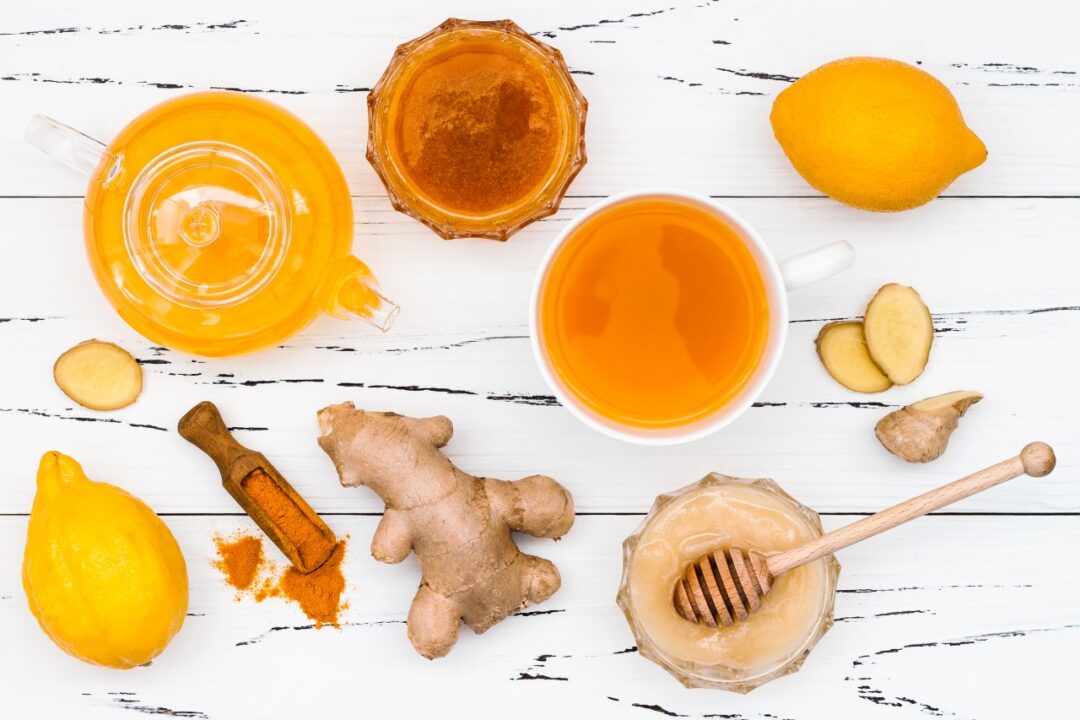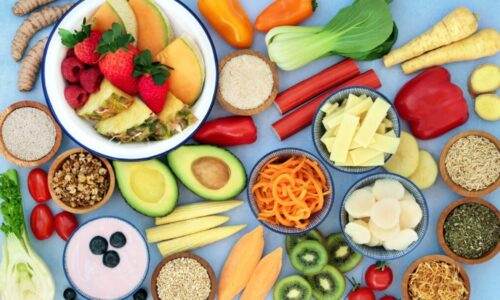What is the anti-inflammatory diet? |

Do you struggle with chronic pain, GI complications, depression, fatigue or other symptoms? These things could be related to chronic inflammation. The foods you eat in your diet can help lower inflammation. Let’s talk about how this works and why it is important.
What is Inflammation?
Inflammation is one of the body’s defense mechanisms used to fight infections and promote healing. An increase in inflammation often occurs in response to certain diseases; however, in these situations there is no infection or foreign body to fight. Inflammation can remain elevated due to these disease states causing chronic inflammation which can increase disease states and issues like pain.
What are some of the diseases that are related to chronic inflammation?
- Alzheimer’s disease
- Asthma
- Autoimmune disease – rheumatoid arthritis, lupus
- Cancer
- Chronic obstructive lung disease
- Chronic pain (back, neck, headaches, arthritis)
- Depression
- Heart disease
- Inflammatory bowel disease
- Type 2 diabetes
- Obesity
How can what I eat affect my inflammation?
The Standard American Diet tends to be high in simple sugars, unhealthy fats, and processed foods while low in fruits, vegetables and fiber. This diet tends to promote chronic inflammation in the body. Changing what and how you eat has been shown to decrease the inflammation in your body. It does not take the place of medications and treatment, but can decrease flare-ups, pain and other symptoms. The anti-inflammatory diet does not focus on weight loss, but healthy choices to improve your overall health.
What is the anti-inflammatory diet?
-
Protein
- Choose plant-based proteins like nuts, beans, peas, legumes and whole grains
-
Choose lean meats – white meat poultry without skin, wild caught fish (tuna, salmon, mackerel, sardines), eggs, wild game
-
Choose low fat/fat free milk and yogurt and no added sugar plant milks
-
Avoid high fat red meats, processed meats (hot dogs, sausage, spam, bologna), and high fat dairy products (cheese, whole milk, cream, butter)
-
Fruits and Vegetables
- Choose a variety of colors of fruits and vegetables.
- Increase non-starchy vegetables especially dark green leafy vegetables
- Increase fruits especially berries, cherries and oranges
- Olive oil has been shown to reduce inflammation and have other health benefits
- Avocados are a healthy fat that can help reduce inflammation
- Increase Fiber Intake
- Fiber helps reduce inflammation
- Whole grains, beans, oatmeal, fruits, vegetables, popcorn, brown rice, nuts (especially walnuts and almonds) are all good sources of fiber
- Limit Simple Sugars and Unhealthy Fats
- Sugar and fats like saturated fats and Omega-6 fatty acids cause the body to increase inflammation
- Limit sugary drinks including fruit juice
- Limit cakes, cookies, pies, donuts, and other high fat/high sugar baked goods
- Limit high fat snacks like chips, crackers, and snack mixes
- Limit fried foods like French fries, fried meat, and fried vegetables
- Avoid all trans fats (check the label for 0 trans fats)
-
Omega-3 and Omega-6 fatty acids are essential fatty acids you get from your diet. You need a good balance of these. Our diet tends to have significantly more Omeg-6 fatty acids than Omega-3 fatty acids which increases inflammation.
- Sources of Omega-6 fatty acids – plant oils like corn, soybean, and sunflower, nuts, and seeds.
- Sources of Omega-3 fatty acids – fatty fish, whole grains, walnuts, flax seed, and green leafy vegetables
- Herbs and Spices
- Turmeric, garlic, ginger, and many other spices can lower inflammation and help flavor food without adding sodium.
A bonus – the anti-inflammatory diet is a good option for all types of people of all ages so it can benefit the whole family!
Do I have to make all these changes at one time?
No, you do not have to make all these changes at one time to see the results of lowered inflammation. Pick 1-3 changes to make at a time. Once you have mastered those changes, pick 1-3 more things to work on. Over time, you will get into a new lifestyle that promotes choosing a variety of whole foods while reducing inflammation and improving your overall health.
If you have any more questions just Ask Hanna, our health advisors are here to help.
Libbi Calloway, MS, RD, LD
Image: ©Shutterstock / zarzamora








